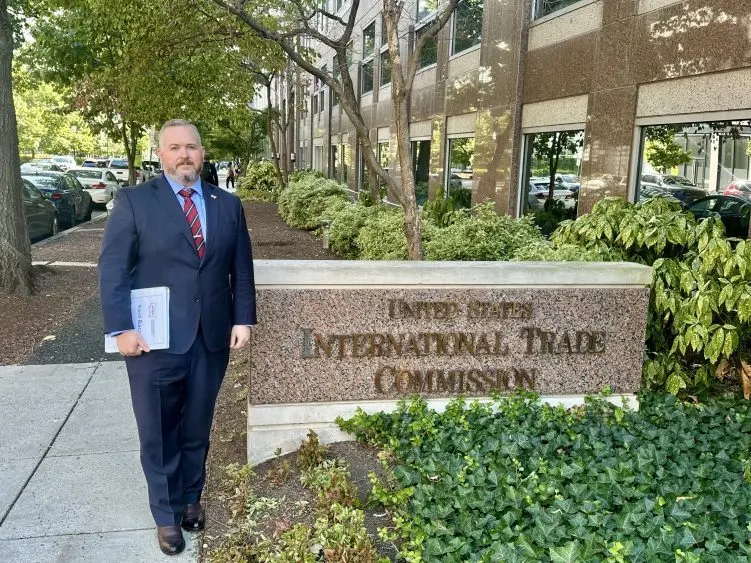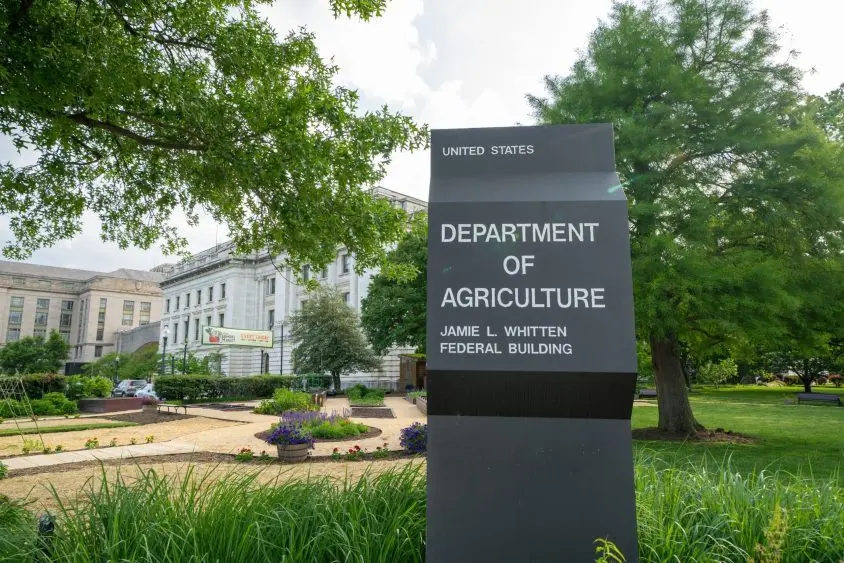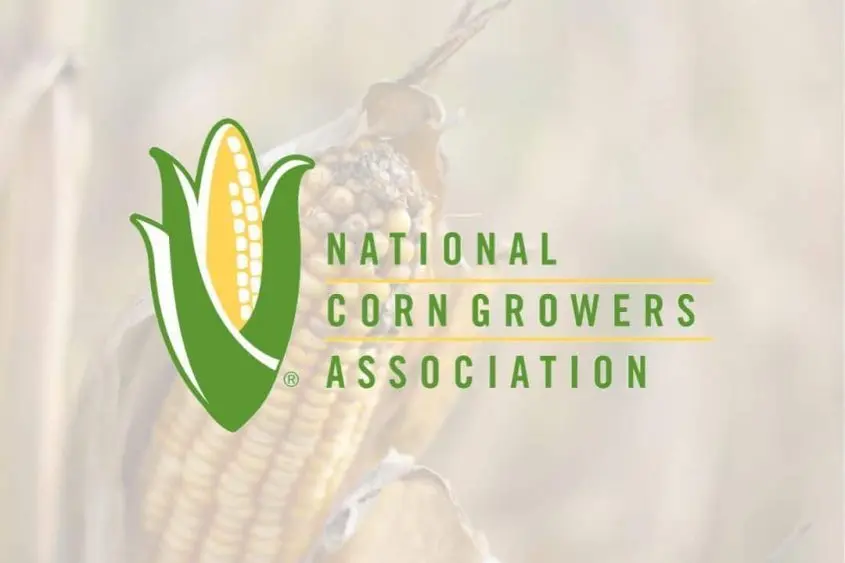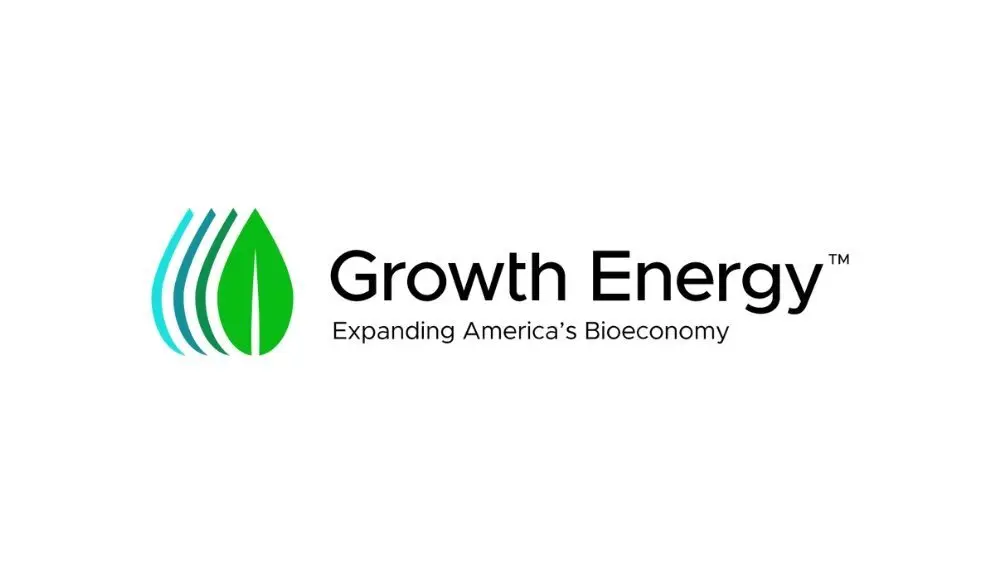
WASHINGTON (September 3, 2025) – Today, National Cattlemen’s Beef Association (NCBA) Executive Director of Government Affairs Kent Bacus testified at a Section 301 investigation hearing regarding Brazil’s trade practices. The hearing, convened by the Office of the U.S. Trade Representative and held at the U.S. International Trade Commission, examined the Brazilian government’s trade policies and actions for unreasonable, discriminatory harm to U.S. commerce. NCBA focused attention on Brazil’s restrictions on U.S. beef and our long-standing concerns with the Brazilian government’s track record of food safety and animal health.
“NCBA is extremely supportive of President Trump holding Brazil accountable by levying upwards of 76% tariffs on Brazilian goods headed to the U.S. market. This is a good first step, but the administration must continue to hold Brazil accountable for its trade barriers on U.S. beef and its lack of transparency and accountability,” said Bacus. “NCBA urges the Trump administration to suspend beef imports from Brazil until a thorough audit and inspection process proves that Brazil can meet an equivalent level of food safety and animal health.”
In the past five years, Brazil has sold $4.45 billion of beef to American consumers but has failed to reciprocate meaningful access for U.S. beef by implementing burdensome technical barriers. Meanwhile, Brazil’s failure to report serious animal health cases in a timely manner has raised questions about their food safety and animal health standards. Brazil has repeatedly waited weeks, months, or even years to report cases of atypical bovine spongiform encephalopathy (BSE) while using the delay to sell more product.
“NCBA was the first to raise alarms over the Brazilian government’s food safety issues in 2017 and its delays in reporting atypical BSE cases in 2021 and 2023. The United States holds all trading partners to the highest science-based standards, and Brazil should not be the exception,” Bacus added.
Background
A Section 301 investigation refers to an investigation launched by the U.S. Trade Representative under Section 301 of the Trade Act of 1974. The Trade Act is intended to address unfair foreign trade policies that harm U.S. commerce. A Section 301 investigation explores whether a foreign country’s actions or policies pose an unfair barrier to U.S. trade. NCBA has spent years raising concerns with Brazil’s trade practices and appreciates the opportunity to testify at today’s Section 301 investigation hearing.



